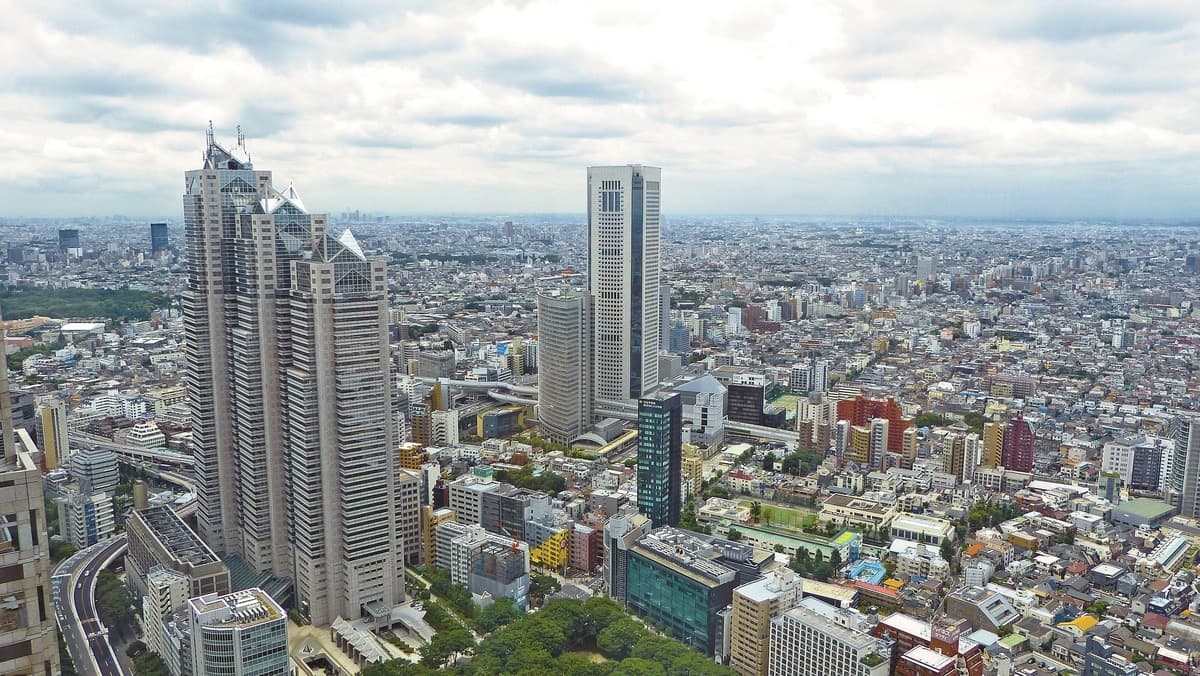If you are reading this, you are likely very interested in Japanese property, or may be wondering why buying Japanese property is any good at all. One of the first things you should consider about buying Japanese property is the location. With the upcoming 2020 Olympics in Tokyo, the metropolitan capital is a hot spot for buying both residential and commercial property.
Tokyo property faces low risks of vacancy. As the population remains stable in Tokyo, you won't have trouble finding a tenant to rent out your property if you decide to purchase for investment purposes. As one of the most popular areas in Japan, the demand for rentals remain on the rise. As millions of visitors are projected to flock to Tokyo for the Olympics in 2020, you are likely to see large returns and financial gains if you purchase property in Tokyo. Even if you decide to keep your property in Tokyo for your own purposes, you will always have access to one of the most amazing cities in the world. The property is sure to remain as a valuable financial asset for as long as you are the owner.
On the other hand, there are disadvantages to property in Tokyo. First of all, the price for land and building structures is relatively high. As you are paying for real estate in a high-demand area, you can expect competitive prices that can be initially very expensive. For investment purposes, you should take caution to have enough liquidity and reserve funds to purchase these sorts of properties. Applying for a loan in Japan may also take some time if you don't already have a loan from your home country.
Choosing property in other major cities of Japan, such as Osaka, Kyoto, Fukuoka, or Hokkaido, you may be able to get a wonderful property at a reasonable price. With lower prices, you may not have to take out a high loan, meaning you can generate profit sooner. For instance, you can get 7% to 8% yield in Fukuoka if you choose new or recently-built. Over 20-year-old homes will generate on average 9% to 12% yield.
On the other hand, there are some disadvantages. Needless to say, it is a well known fact that the Japanese population is slowly decreasing more and more, especially in smaller local areas. As a result, the rate of vacancy is higher than Tokyo. Furthermore, this tendency will continue well into the future. Older homes may be at risk for long-term vacancy, as with age, people are concerned about safety, energy efficiency and convenience. If you decide to buy property outside of Tokyo as an investment, we recommend purchasing a newly built unit that is likely to be able to be rented.
In conclusion, there are both positives and negatives when it comes to investing in Japanese property. With enough proper research, your property can generate constant yield and avoid vacancy problems.
To see more on investing in Japan, check out the following articles!
Five reasons to invest in Japan Real Estate/Property
5 Reasons Why Investors are Snapping Up Japanese Real Estate
How To Identify A Hot Location For Property Investment
If you have any questions or would like to arrange a viewing, please feel free to contact us!







